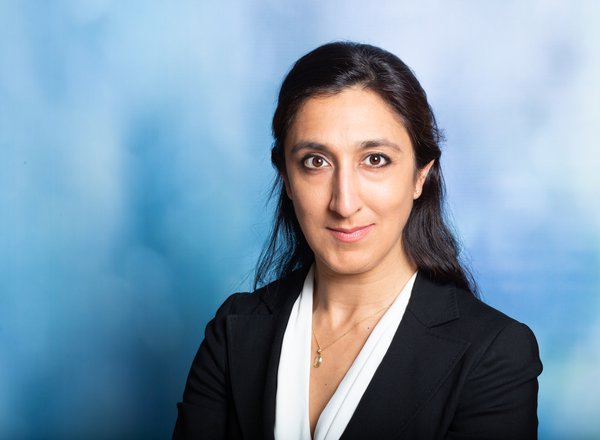In this case, the Supreme Court considered whether it is an answer to a refugee claim by an individual who has no political views and who therefore does not support the persecutory regime in his home country to say that the individual would lie and feign loyalty to that regime in order to avoid the persecution to which he would otherwise be subjected? The joined cases concerned three individuals from Zimbabwe whose asylum claims had been refused and who had been found not to have been politically active, not to have had political profiles or not to have been otherwise unable to demonstrate loyalty to the MDC. The applicable country guidance for Zimbabwe found that those unable to demonstrate positive support for Zanu-PF, the ruling party, were at risk of persecution by undisciplined militias by reason of being perceived as disloyal opposition supporters. The appellants had been successful in the Court of Appeal and the Secretary of State appealed.
The Supreme Court considered its decision in HJ (Iran) v Secretary of State for the Home Department [2011] 1 AC 596 in which it was held that a gay man was entitled to live freely and openly in accordance with his sexual identity and it was no answer to the claim for asylum that he would conceal his sexual identity in order to avoid the persecution that would follow if he did not do so (“the HJ (Iran) principle”). The Court considered the application of the HJ (Iran) principle to the appellants’case and gave a unanimous decision in favour of the appellants.
Firstly, the Court held that the HJ (Iran) principle applies to applicants who claim asylum on the grounds of a well-founded fear of persecution for reasons of lack of a political belief just as it applies to those who claim asylum on the grounds of a well-founded fear of persecution for reasons of sexual orientation. There are no hierarchies of protection amongst the Refugee Convention reasons for persecution; the Convention reasons reflect characteristics or statuses which either the individual cannot change or cannot be expected to change because they are so closely linked to his identity or are an expression of fundamental rights. Moreover, the right to freedom of thought, opinion and expression protects non-believers as well as believers and extends to the freedom not to hold and not to have to express opinions. There is no basis in principle for treating the right to hold and not to hold political beliefs differently from religious ones. Nor can there be no distinction between a person who is a committed political neutral and one who has given no thought to political matters.
Secondly, the Court held that an individual could be at risk of persecution on the grounds of imputed political opinion and in these circumstances, it is nothing to the point that the applicant does not in fact hold that opinion. Persecution on the grounds of imputed opinion will occur if a declared political neutral is treated by the regime as a supporter of its opponents and persecuted on that account. But a claim may also succeed if it is shown that there is a real and substantial risk that, despite the fact that the asylum seeker would assert support for the regime, he would be disbelieved and his neutrality would be discovered. This gives rise to questions of fact, but it is difficult to see how an asylum claim advanced on the basis of imputed political opinion could be rejected, unless the judge was able to find that the claimant would return to an area where political loyalty would be assumed and where, if he was interrogated, he would not face the difficulties faced by those who were not loyal to the regime in other parts of the country. If the claimant would return to any other parts of the country, the judge would be likely to conclude that there was a real and substantial risk that a politically neutral person who pretended that he was loyal to the regime would be disbelieved and therefore persecuted.
Michael Fordham QC and Naina Patel acted for the Intervener, UNHCR















